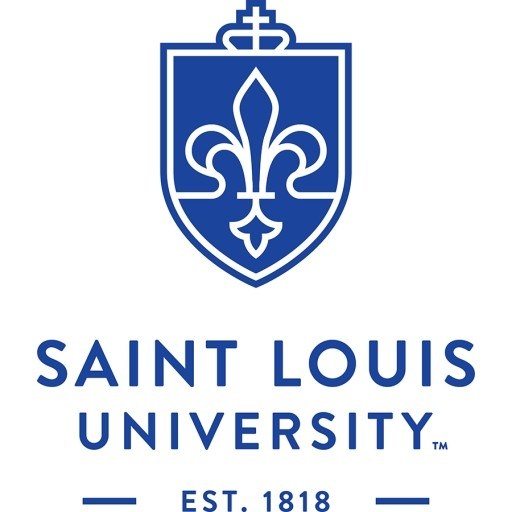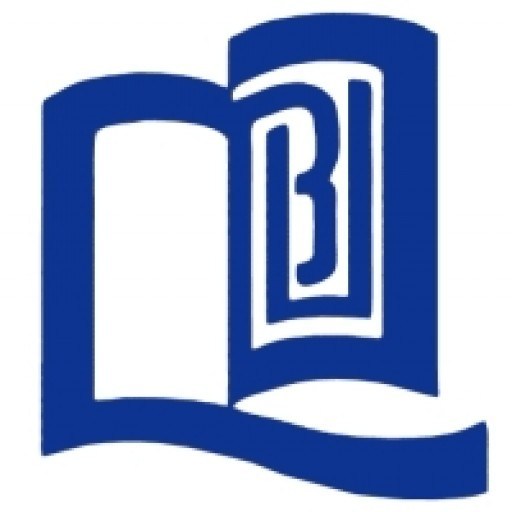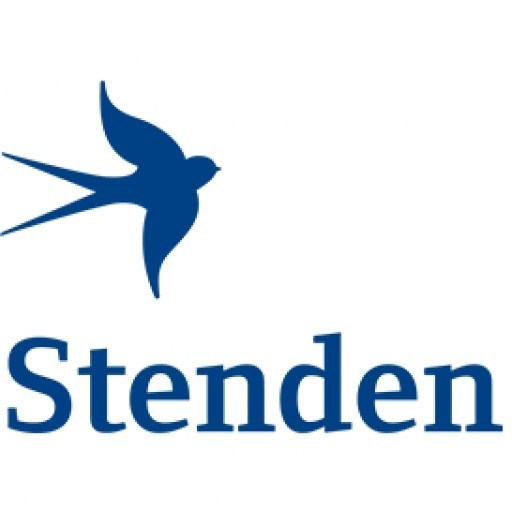Description
At Queens, we aim to deliver a high quality learning environment that embeds intellectual curiosity, innovation and best practice in learning, teaching and student support to enable student to achieve their full academic potential.
On the MSci in Applied Mathematics and Physics we do this by providing a range of learning experiences which enable our students to engage with subject experts, develop attributes and perspectives that will equip them for life and work in a global society and make use of innovative technologies and a world class library that enhances their development as independent, lifelong learners. Examples of the opportunities provided for learning on this course are:
- Lectures: introduce basic information about new topics as a starting point for further self-directed private study/reading. Lectures also provide opportunities to ask questions, gain some feedback and advice on assessments (normally delivered in large groups to all year group peers).
- Tutorials: Significant amounts of teaching are carried out in small groups (typically 10-20 students). These provide an opportunity for students to engage with academic staff who have specialist knowledge of the topic, to ask questions of them and to assess their own progress and understanding with the support of peers.
- Self-directed study: This is an essential part of life as a Queens student when important private reading, engagement with e-learning resources, reflection on feedback to date and assignment research and preparation work is carried out.
- Supervised projects: In final year, students will be expected to carry out a significant piece of research on a topic or practical methodology that they have chosen. Students will receive support from a supervisor who will guide them in terms of how to carry out research and who will provide feedback on at least 2 occasions during the write up stage.
- Personal Tutor: Undergraduates are allocated a Personal Tutor during Level 1 and 2 who meets with them on several occasions during the year to support their academic development.
Careers
Studying for a degree in Applied Mathematics and Physics at Queens will assist students in developing the core skills and employment-related experiences that are valued by employers, professional organisations and academic institutions. Graduates from this degree at Queens are well regarded by many employers (local, national and international) and over half of all graduate jobs are now open to graduates of any discipline, including mathematics.
Although the many of our graduates are interested in pursuing careers in teaching, banking and finance significant numbers develop careers in a wide range of other sectors. The following is a list of the major career sectors that have attracted our graduates in recent years:
- Management Consultancy
- Export Marketing (NI Programme)
- Fast Stream Civil Service
- Varied graduate programmes (Times Top 100 Graduate Recruiters/AGR, Association of Graduate Recruiters UK)
Degree Plus and other related initiatives: Recognising student diversity, as well as promoting employability enhancements and other interests, is part of the developmental experience at Queens. Students are encouraged to plan and build their own, personal skill and experiential profile through a range of activities including; recognised Queens Certificates, placements and other work experiences (at home or overseas), Erasmus study options elsewhere in Europe, learning development opportunities and involvement in wider university life through activities, such as clubs, societies, and sports.
Queens actively encourages this type of activity by offering students an additional qualification, the Degree Plus Award (and the related Researcher Plus Award for PhD and MPhil students). Degree Plus accredits wider experiential and skill development gained through extra-curricular activities that promote the enhancement of academic, career management, personal and employability skills in a variety of contexts. As part of the Award, students are also trained on how to reflect on the experience(s) and make the link between academic achievement, extracurricular activities, transferable skills and graduate employment. Participating students will also be trained in how to reflect on their skills and experiences and can gain an understanding of how to articulate the significance of these to others, e.g. employers.
Overall, these initiatives, and Degree Plus in particular, reward the energy, drive, determination and enthusiasm shown by students engaging in activities over-and-above the requirements of their academic studies. These qualities are amongst those valued highly by graduate employers.
Detailed Course Facts
Application deadline January 15 Tuition fee- EUR 4160 Year (EEA)
- EUR 13380 Year (Non-EEA)
England, Scotland and Wales £9,000; EU £3,575; International: £11,500
Start date September 2015 Duration full-time 48 months Languages Take an IELTS test- English
Course Content
Applied Mathematics
Applied Mathematics is concerned with the application of mathematics to the study of the physical universe (including theoretical physics) as well as the social, industrial and commercial world.
Our modules include the study of Newtonian mechanics, the motion of fluids, electromagnetism, wave motion and diffusion processes, the physics of atoms, molecules and nuclei, numerical analysis, financial mathematics, and applications to the commercial world incorporating the methods of operational research. Computers are used to obtain accurate numerical solutions to the mathematical problems involved.
Level 1
Vector Algebra and Dynamics
Waves and Vector Fields
Level 2
Classical Mechanics
Fluid Mechanics and Electromagnetism
Methods of Applied Mathematics
Numerical Analysis
Level 3
Advanced Numerical Analysis
Calculus of Variations and Hamiltonian Mechanics
Dynamical Systems
Electromagnetic Theory
Financial Mathematics
Investigations
Mathematical Modelling in Biology and Medicine
Partial Differential Equations
Quantum Theory
Tensor Field Theory
Level 4
Advanced Mathematical Methods
Information Theory
Practical Methods for Partial Differential Equations
Statistical Mechanics
Theoretical Atomic Structure and Collisions
Project
Pure Mathematics
Pure Mathematics provides the essential theoretical tools used in the increasingly numerate science of today, and is continually developing new ones to solve problems at the forefront of research in many disciplines. At Queen's we offer a wide selection of modules in Analysis, Algebra and Topology - the basic topics common to most degree programmes involving Pure Mathematics in UK universities. Active research links are maintained with other institutions, both at home and abroad.
Level 1
Analysis and Linear Algebra
Numbers, Sets and Sequences
Level 2
Analysis
Complex Variables
Elementary Number Theory
Geometry
Group Theory
Linear Algebra
Level 3
Algebraic Equations
Computer Algebra
Convergence
Metric and Normed Spaces
Ring Theory
Set Theory
Level 4
Algebraic Topology
Functional Analysis
Integration
Mathematical Investigations
Rings and Modules
Topology
Project
Statistics and Operational Research
Statistics is concerned with deriving sound inferences from data. This may be experimental or observational and obtained from investigations of physical or biological phenomena or from the study of the workings of industry, commerce and society. Operational Research deals with the application of scientific method to obtaining the best or most acceptable solutions to the various problems which arise in the organisation and management of complex systems in industry and commerce.
Level 1
Introduction to Probability and Operational Research
Statistical Methods
Level 2
Linear Models
Methods of Operational Research
Statistical Inference
Level 3
Linear and Dynamic Programming
Statistical Data Mining
Stochastic Processes
Survival Analysis for Medicine
Project
Level 4
Statistics Project
MSci Degree
This four-year first degree programme is an extended version of the normal three-year BSc Honours degree, and is aimed primarily at students who intend to make significant use of their subject in their subsequent careers.
Students may register for either the three-year BSc Honours or the four-year MSci programme. Transfers to the MSci are permitted up to the end of Level 2, subject to performance. Progress to Levels 3 and 4 of the MSci is dependent on the student maintaining an approved high standard at Levels 2 and 3 respectively.
Requirements
MSci options
-
A-level AAA including Mathematics
OR
A* (Mathematics) AB
*For degrees marked with an asterisk this must include A-level Physics -
Irish Leaving Certificate AAB2B2B2B2 including Higher Level grade A in Mathematics
*For degrees marked with an asterisk this must include Higher Level Physics grade A
Work Experience
No work experience is required.
Related Scholarships*
- Academic Excellence Scholarship
"The Academic Excellence Scholarship can provide up to a 50 % reduction in tuition per semester. These scholarships will be renewed if the student maintains superior academic performance during each semester of their 3-year Bachelor programme. The scholarship will be directly applied to the student’s tuition fees."
- Access Bursary
Bursary for UK students all subjects where the variable tuition fee rate is payable.
- Alumni Bursary
Alumni Bursary for UK Undergraduate students
* The scholarships shown on this page are suggestions first and foremost. They could be offered by other organisations than Queen's University Belfast.









